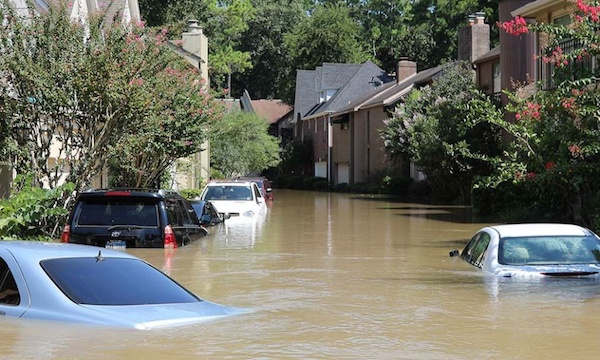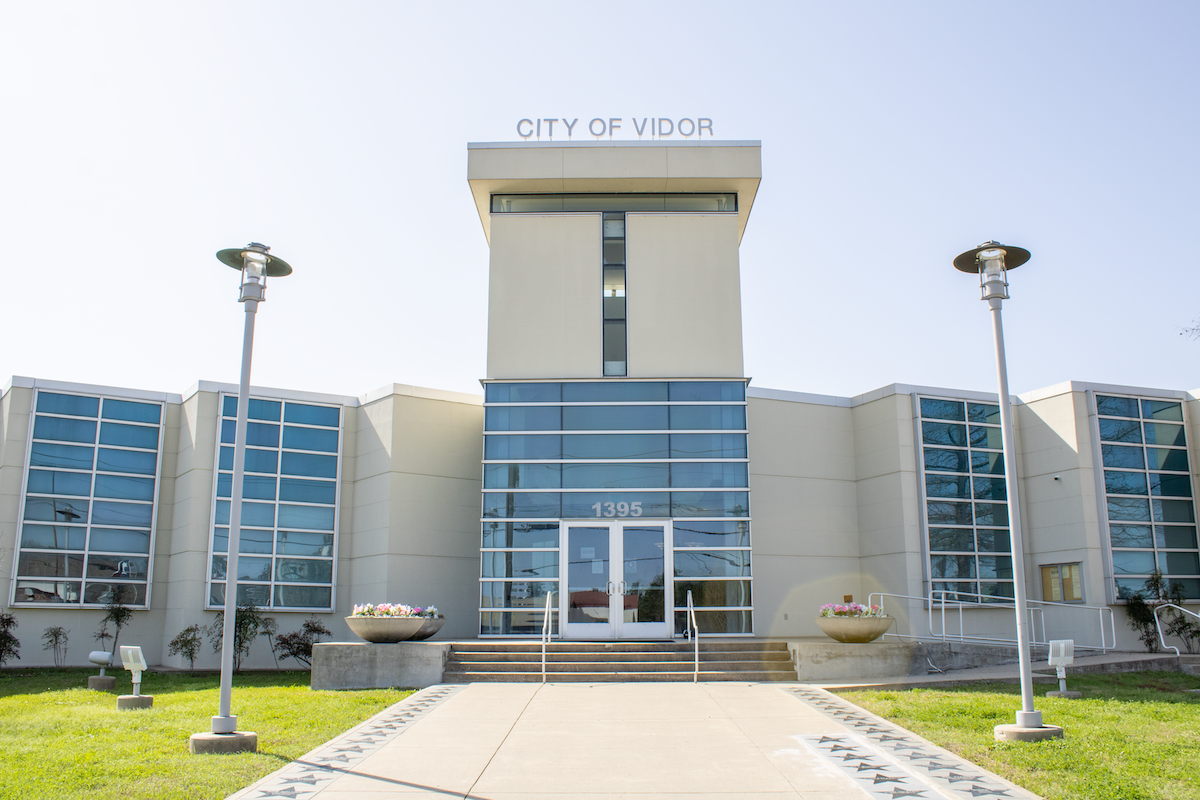Texas benefits from post-disaster philanthropy
Published 12:31 am Sunday, April 18, 2021

- Photo courtesy of doi.gov Following Hurricane Harvey in Texas, at least 5.4 million donors gave about $774 million to 32 crisis response and aid groups, according to Charity Navigator.
|
Getting your Trinity Audio player ready...
|
By Roz Brown
Texas News Service
HOUSTON – When the unexpected winter storm hit Texas in February, foundations, corporations and individual donors stepped up to help communities recover. And with climate change expected to increase the frequency of natural disasters, these contributions are more important than ever.
The nonprofit Americares has responded to disasters for more than 40 years – including the extreme cold spell in Texas and Hurricane Harvey in 2017.
Tara Waters, director of business development for Americares, said her organization focuses on emergency aid to lower-income families who lack the resources to respond to a disaster.
“They’re evacuating their homes on a moment’s notice,” said Waters. “They’re spending days, weeks, even months sometimes, living in shelters, having left their personal items behind.”
Waters said low-income neighborhoods often are more vulnerable in climate emergencies, because these are areas in many cities where basic infrastructure needs have gone unmet.
During the winter storm, the Siebert Williams Shank Foundation was one of several that donated to recovery funds established in major Texas cities.
Senior Manager for the Texas region Keith Richard said the goal was to help the most vulnerable residents – seniors, families and people of color – get back to normal.
“We talk about whether it’s climate events or other critical infrastructure needs, these investments are important,” said Richard. “When we all succeed, it’s better for everybody.”
In addition to the pandemic, the U.S. continues to rack up record-breaking years for wildfires and hurricanes. Waters said the combination has made recovery for families very complex.
“In the case of Harvey, we did long-term mental-health programming for health-care workers, who were themselves survivors of the disaster,” said Waters. “It actually lasted for years.”
A University of Houston survey found almost 70% of Texans agree that due to climate change, the state is more likely to be adversely affected by severe weather now than it was 30 years ago.





